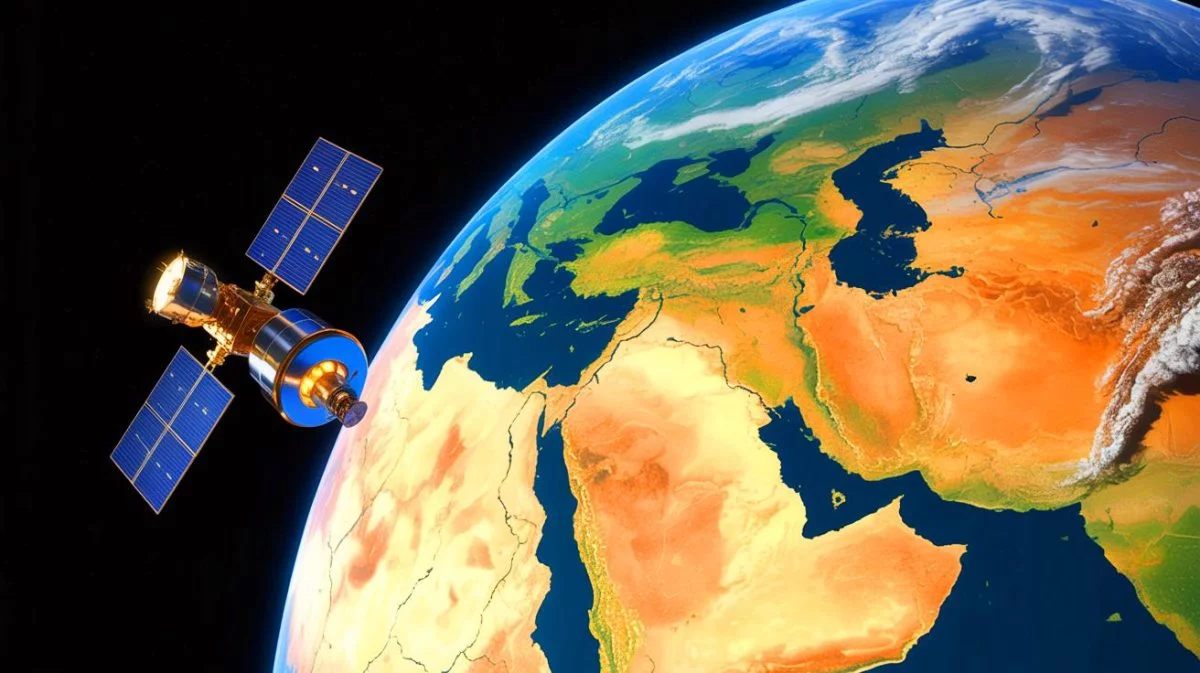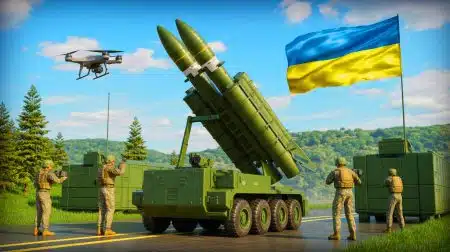| IN A NUTSHELL |
|
In recent days, the world has watched as tensions between Iran and Israel escalated into a full-scale military conflict. Amidst this turmoil, Elon Musk has taken a bold step by activating Starlink satellite internet services in Iran. This move, aimed at circumventing government censorship and providing the Iranian populace with unrestricted internet access, is a testament to the potential power of technology in geopolitical conflicts. As the situation unfolds, questions arise about the implications of such technological interventions in global political landscapes.
The Significance of Starlink Activation in Iran
The activation of Starlink in Iran is a significant development, not intended to support the Iranian government but rather to empower its citizens. Elon Musk’s objective is clear: to break free from state censorship. The Iranian government has previously restricted internet access to control the flow of information, especially during periods of unrest, such as the protests following the death of Mahsa Amini in September 2022. By providing an alternative means of internet access, Starlink could potentially transform the way information is disseminated and consumed within Iran.
It’s important to note that this is not Musk’s first foray into using Starlink for geopolitical influence. During the early days of the conflict in Ukraine, he similarly enabled Starlink services to support Ukraine. This pattern of intervention highlights the evolving role of technology companies in international affairs, where satellite internet can bypass traditional political barriers and impact societal dynamics.
Understanding How Starlink Works
Starlink functions by deploying a vast constellation of low-Earth orbit satellites that provide high-speed internet service across the globe. However, while the activation of Starlink in Iran is a monumental step, its actual implementation faces significant hurdles. For the Iranian population to utilize this service, they require specific ground equipment, notably Starlink’s satellite dishes, which are prohibited within Iran. This restriction means that citizens must obtain these dishes through covert means, potentially from neighboring countries like Iraq or Saudi Arabia, where Starlink is already operational.
In countries like France, Starlink operates as a conventional internet service provider, offering insights into how it could potentially revolutionize internet access in restricted regions. The challenge lies in enabling the Iranian populace to access and use this technology without government interference, a task that demands both ingenuity and resilience.
Potential Impacts on Iranian Society
Should Starlink become widely accessible in Iran, the societal impacts could be profound. Unrestricted internet access would allow for a more open exchange of information, fostering a more informed citizenry. This could lead to increased social and political engagement, challenging the status quo of government-controlled narratives. Moreover, access to global information and communication platforms could bolster grassroots movements and democratize information dissemination.
However, the integration of such technology is not without risks. The Iranian government may view this as a direct challenge to its authority, potentially leading to further restrictions or retaliations. Additionally, the clandestine nature of acquiring and using Starlink dishes poses risks for individuals who choose to use them. Nevertheless, the potential for change remains, as access to information is a powerful catalyst for societal transformation.
Global Implications of Technological Intervention
Elon Musk’s decision to activate Starlink in Iran raises broader questions about the role of technology companies in global geopolitics. As private entities gain the capability to influence international affairs, the traditional boundaries of state sovereignty are being redefined. This development prompts a reevaluation of how nations regulate and interact with transnational corporations that possess such technological power.
The implications of Starlink’s activation extend beyond Iran, illustrating how satellite internet can serve as a tool for democratization and a potential disruptor of authoritarian regimes. As other countries with restricted internet access watch these developments, the question arises: how will governments adapt to the increasing influence of technology companies in shaping global narratives and political landscapes?
As we witness the unfolding events in Iran and the role of Starlink in this geopolitical context, we are left to ponder: What will the future hold as technology continues to transcend traditional political boundaries, and how will societies adapt to these disruptive changes?
Did you like it? 4.4/5 (27)









Is this actually going to make a difference for Iranians, or just a headline grabber? 🤔
Musk is playing with fire! What if it escalates tensions further?
How will people in Iran even get the equipment if it’s banned? Seems risky!
Elon, you mad genius! Keep shaking things up. 🚀
Why does Musk think he can solve everything with satellites? #Overconfidence
I’m curious about the legal implications for SpaceX. Any thoughts?
This is amazing! Finally, someone is standing up against censorship. 🌐